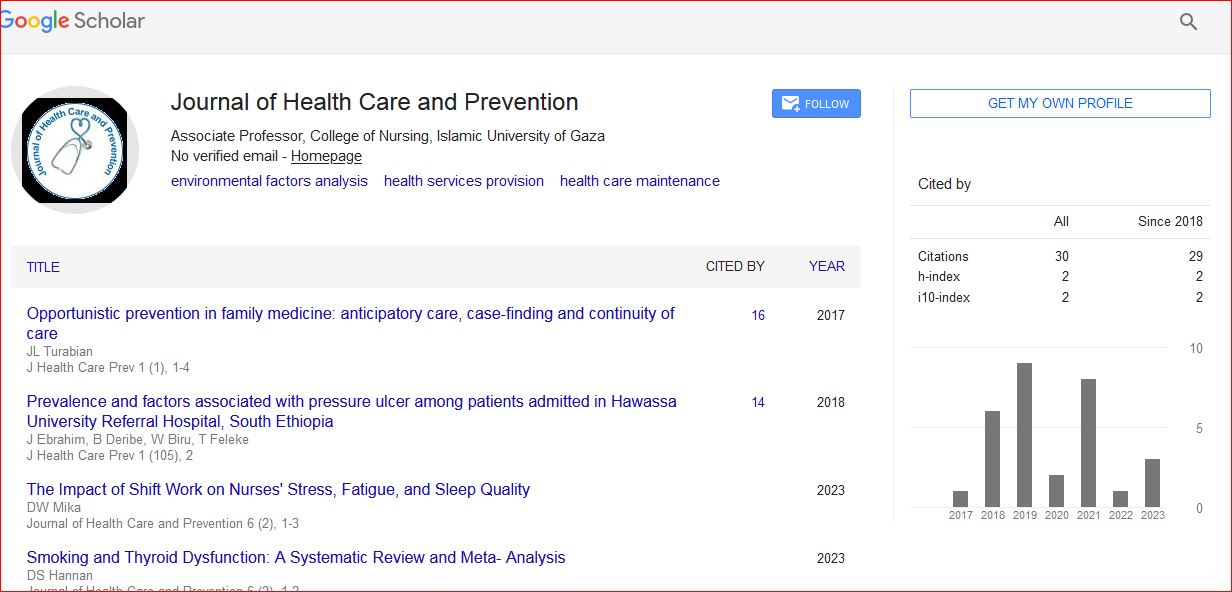Attitude Towards Advance Care Planning; Comparing High and Low Income Economies
*Corresponding Author:
Copyright: © 2020 . This is an open-access article distributed under the terms of the Creative Commons Attribution License, which permits unrestricted use, distribution, and reproduction in any medium, provided the original author and source are credited.
Abstract
Advance care planning (ACP) is a term that was first used in the literature in the early 1990s to describe interventions that involved discussions about healthcare between a patient, their family and health care professionals. It has been considered as a way of having on record specific treatment choices that represent an individual’s values and would be acceptable to the individual in the event of a serious illness or mental incapacitation (Seymour 2011). In the past the emphasis was on documentation of the individual’s wishes in an advance directive or living will. Current focus is on having discussions to understand the wishes of the patient for their healthcare. The discussion is between the patient, their family or significant others and a healthcare professional (Shimada et al 2016). The aim of this discussion is to either document the patient’s wishes in an advance directive or to have an oral statement of the wishes and have the patient appoint a proxy decision maker (Thomas 2011). Advance directives may include the patient’s preferences on resuscitation and life-sustaining therapies. ACP should be done by adults of sound mind who are able to make decisions about their healthcare before the diagnosis of a debilitating illness or mental incapacitation (Thomas 2011).

